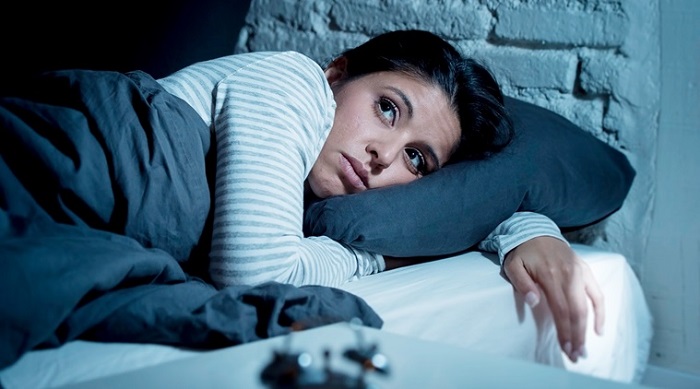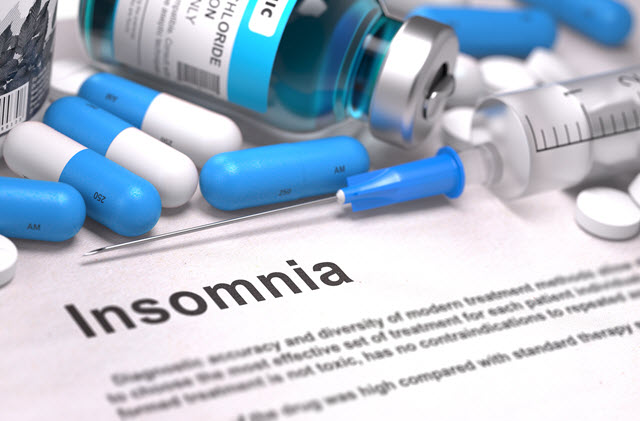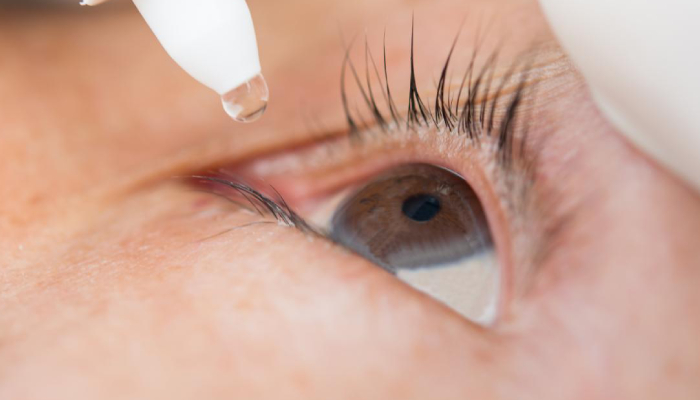Understanding Insomnia and different medical treatments for Insomnia

Acne treatment: Top seven medical treatments for acne
March 10, 2020
The Best Medical Treatments For Hair Loss
March 14, 2020Everyone would have experienced Insomnia at least once in a lifetime. Insomnia is a sleep disorder that leaves individuals with lack of sleep or makes them unable to stay asleep. Sleep, a vital factor that allows the body to repair and get it prepared for the next day, is very essential for the overall well-being. If Insomnia affects your sleep, then you are going to experience disastrous after-effects. Lethargy, constant sickly feeling, daytime sleepiness, mood swings, and irritability are only a few of the associated symptoms of Insomnia. Studies have revealed that Insomnia can lead to some chronic diseases. Hence, it is very important to understand the symptoms, and causes for this disorder and get the treatments immediately in case it becomes severe. Keep on reading to know all about Insomnia.
Read More About : Simple Medical Treatments For Snoring
Insomnia: Symptoms, Causes, and Treatments
According to various studies, it is found that Insomnia affects 30-40 percent of Americans every year. Though, reasons can be attributed to medications, varying hormone levels and psychological factors, lifestyle, and diseases affect the sleep patterns among adults immensely. To understand if you have Insomnia, read on about the symptoms associated with it.
Symptoms
Insomnia can be the symptom of medical conditions. If you find yourself suffering from any symptoms mentioned below, then it is high time you undergo an effective medical treatment for Insomnia.
- The primary symptom that you may notice is your inability to sleep at night.
- Sleepwalking that you often found to be mocked upon can be a symptom of Insomnia
- You may wake up early and still feel tired after a night’s sleep.
- Your daytime sleepiness or fatigue may not be laziness, but a symptom of Insomnia.
- You might even suffer from depression, anxiety and poor focus if you are insomniac.
- You can also be prone to frequent errors or accidents and would be unable to socialize effectively.
- Headaches and gastrointestinal problems are some of the physiological symptoms you are likely to face.
Lack of sleep can make individuals extremely fatigued, making them dull throughout the day. Some studies have also revealed that Insomnia is one of the significant causes of non-alcohol related accidents. Insomnia depending on the severity and quality of sleep can be classified into three categories:

Types of Insomnia
Transient Insomnia
The mildest and the shortest insomnia condition, that lasts up to three nights or less than a week. These types do not need treatments.
Acute Insomnia
Also known as short-term Insomnia can persist for several weeks
Chronic Insomnia
The Insomnia that lasts for months or years is called chronic Insomnia. These types of conditions are most probably the side effect of some other primary conditions.
What causes Insomnia?
As mentioned in the above sections, the underlying causes for Insomnia can be various physiological and psychological factors. While recent changes or events cause transient Insomnia, underlying physiological and psychological conditions contribute to chronic Insomnia.
Circadian rhythm disruptions
Transient Insomnia is mainly caused due to the disruption of circadian rhythm which occur mostly due to environmental noise, extreme temperatures, jet lag or high altitudes
Medical causes
Many chronic diseases like asthma, GERD, COPD, Congestive heart conditions, pains, tumours, arthritis or Alzheimer’s and Parkinson’s can be the cause for chronic Insomnia. Psychological issues like depression, bipolar disorder, or anxiety disorders are found to have severe effects on sleep patterns. Hormonal imbalances can also cause Insomnia.
Some factors like pregnancy, over-thinking individuals and overexposure to modern gadgets like mobile phones or tablets also contribute to Insomnia.
Studies have also established that intake of medicines like corticosteroids, statins; Alpha-blockers, beta-blockers, antidepressants, ACE inhibitors, glucosamine, and many more can increase the chances of Insomnia.

Medical treatments for Insomnia
Depending upon the causes for the Insomnia, the patients are subjected to either behavioral or medical treatments. It is imperative to understand the reason for the disorder as some types of Insomnia can wear off with time. The treatments for Insomnia can be classified in two categories: medical treatments and non-pharmacological treatments
Medical treatments for Insomnia
Antidepressants, OTC sleeping pills, prescription sleeping medications, melatonin, ramelteon, and antihistamines are some of the medical treatments for Insomnia.
Non-pharmacological treatments
This treatment generally involves one on one counseling or group counseling for cognitive behavioral therapy. Specific home remedies can also improve sleeping conditions. Avoiding oversleeps, overindulgence of caffeine and smoking can improve sleep conditions to a more significant effect. Meditation and muscle relaxation techniques are also helpful in curing Insomnia.




